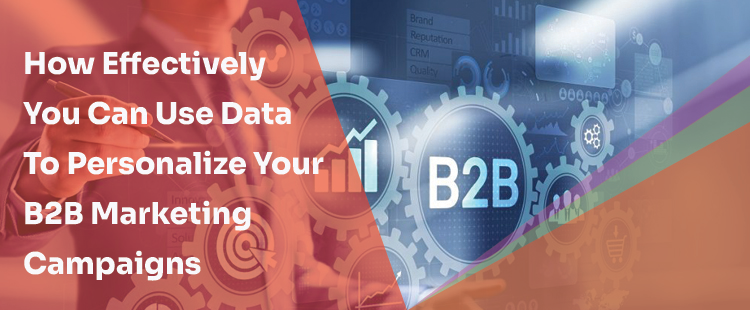
In recent years, the growing adoption of smartphones and AI, combined with the digital evolution, has resulted in a significant increase in data collection, storage, and use. One of the most successful ways to achieve your marketing strategy goals is to use accurate and validated data. However, some advertisers are still unaware of the value and strategies of using reliable data in their promotions.
According to 64% of marketing executives, data-driven marketing strategies are essential. When it comes to email marketing, paid search campaigns, retargeting, social media advertising, or other multi-channel marketing, data can be your most valuable asset to achieve your marketing success. It provides you with an overview of your prospect’s purchasing habits, behaviors, interactions, thoughts, desires, and motives.
It’s no more surprising that the need for more personalized and data-driven marketing is growing by the day. With so many new marketing outlets constantly bombarding us, brands are constantly under pressure to attract new consumers while retaining existing ones. Due to this, the need for more personalized messaging is becoming important. Hence, marketers must need personalized data to communicate profoundly and directly with consumers at every stage of the sales funnel.
What is Personalization?
Personalization is creating a buzz around the world of advertising and marketing. It is the process of tailoring an experience or communication to a person based on the information obtained from an organization. Companies can customize experiences or messages based on the information they gather about prospects and clients. According to the Optinmonster report, 90% of the b2b marketers believe personalization is the future, 48% of customers spend more when their experience is personalized and 74% of people hate being shown irrelevant content. Here, in the below-mentioned image – you can view facts about personalization.
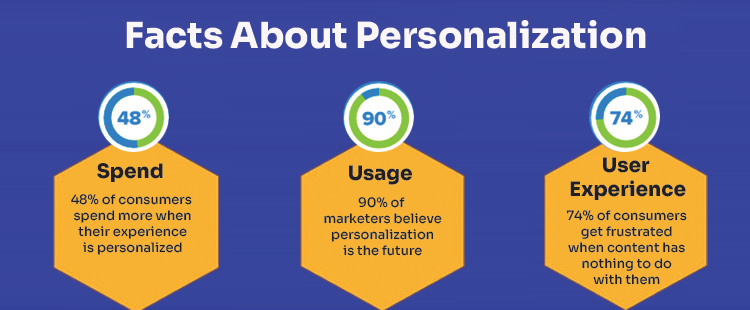
When it comes to personalized email marketing, sending emails that are relevant to your recipient is the top-most priority. However, there’s a lot more that goes into every personalized, targeted email you send. Personalization of your emails can only be as precise or reliable as your data allows. Hence, it is essential to have personalized data while sending any type of marketing campaign.
What is Personalized Data?
Personalized data is what we cannot found in traditional phone directories, company websites or any LinkedIn records. It is the set of specific and customized contact data records which help you to direct your message precisely to key decision-makers in target companies.
Getting access to the customized and personalized data is the new competitive advantage that enables organizations to think strategically about planning, prioritizing, prospecting, and permeating the organizations.
Types Of Data Used For Personalization
Contextual data
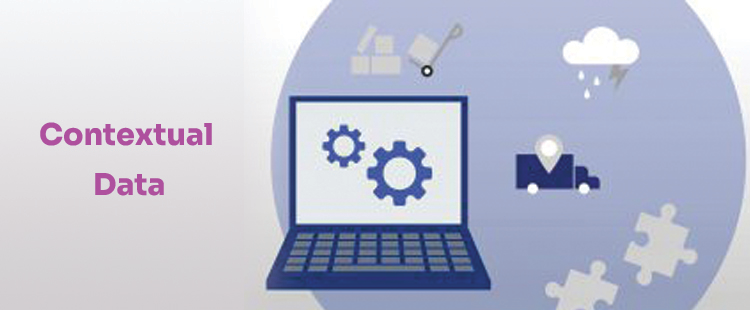
Contextual information includes the information about the device and browser used by the individual. Along with this, it also includes the shopper’s location, weather, date, and time of opening an email or visiting a website. All these data fields offer opportunities to determine which content is presented to the shopper on each channel.
Demographic data
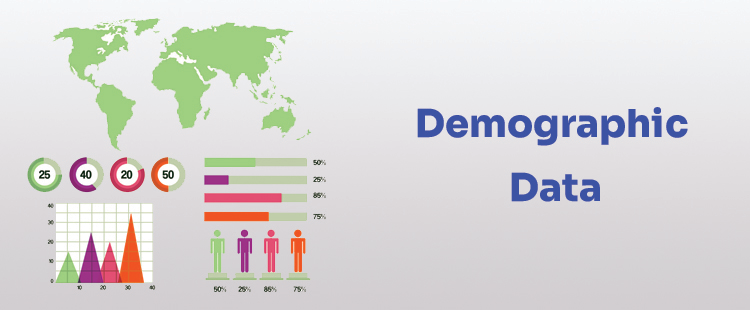
Demographic data is the most basic form of personalization data to collect. This is usually static data that can be used to segment and target large groups of people over a longer period of time. Having access to demographic information such as gender, city, country, and age can help you to launch segmented campaigns.
Behavioral data
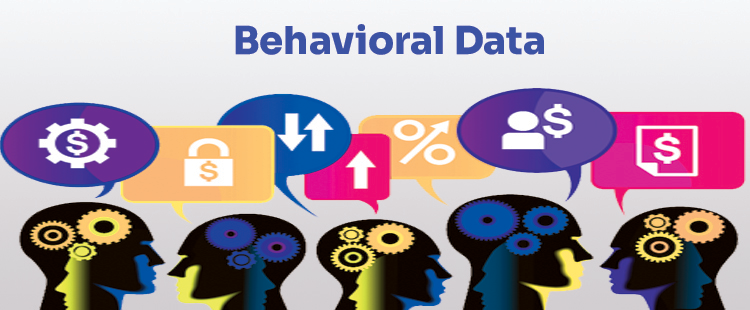
Behavioral and transactional data can help you gain a better understanding of a customer’s needs and behaviors. Behavioral data, such as browsing data, abandoned cart data, content consumed, search keywords, or visitor frequency, as well as transactional data and purchase history, may provide insights.
Let’s See How We Can Use Data To Build Personalized Marketing Strategies:
Capture Complete Data
You may say that you’re collecting data, but the question is – Are you collecting every piece of data? Today’s brands have access to more consumer data than ever before, and they can use the data to learn more about their consumers.
However, recent studies show that – when it comes to data collection, most marketers hold to the basics such as email, name, location, and demographics—while overlooking the most advanced metrics like lifestyle, online transactions and habits, and social cues. When you’re leaving out so many pieces of the puzzle, it’s clear that you won’t see the whole picture. As such, brands must monitor every single customer interaction through all inbound, outbound, digital, offline, and real-time platforms to know more about customers.
Don’t Overlook Social Data
When it comes to developing a loyal customer base, nothing beats one-on-one targeting. However, individual targeting requires a thorough insight into consumer preferences and buying patterns. For that, you can use Social cues and signals other than traditional sources such as email, demographics, and purchase reports. Tweets, comments, and follows are real-time social data that show a lot about a customer’s preferences, buying plans, and what brand attributes they like and don’t like.
For example, if your company sells mountain bikes, you might monitor activities like tweeting, liking, following, or commenting about mountain biking to determine which audience segment is most likely to convert. If you got to know about your targeted set of audiences, you could personalize your campaign for those who are genuinely interested in your specific product.
Practice Segmentation
Your job isn’t done until you’ve identified your core customers. For more precise targeting, segment the audience into smaller groups. How do you do it? Searching through the available data to identify discernible patterns in actions or user interaction across all touchpoints is one way to do this. Later, divide your audience into segmented groups, based on the type of pattern they represent. This process will help you to personalize your b2b marketing efforts in a more effective manner.
Benefits of Personalization in B2B Marketing
Increased Conversions
With personalization in marketing, you can see a significant increase in conversions and sales. According to the recent surveys, segmented and personalized emails generate 58% of all revenue.
Improved Brand Loyalty
When customers provide information and data, they expect to be treated as unique individuals with their specific preferences. Hence, most businesses are dedicated their time and resources to implement successful personalized marketing strategies to enhance brand loyalty and customer satisfaction.
Improved Targeting
Whether you are trying to reach a set audience in a specific location or a certain age group of individuals, your brand can leverage personalized marketing. This helps you to connect them in a way you haven’t before, without sacrificing your existing customer relationships in other groups.
Bottom Line
Smart handling of data can help brands in achieving higher customer satisfaction. Personalization can help brands to build new relationships with customers, and entice them to stay longer. To get the most out of personalized marketing activities, marketers need to implement a solid data management strategy. In today’s business world, most of the customers are expecting a unique and personal experience, now it’s up to the brands how better they use personalized data in their b2b marketing to generate and nurture the leads.
LogiChannel: A specialized Data Vendor For All Your Personalized Data Solutions
LogiChannel realized that companies need this personalized data to stay ahead of the competition. That’s why we build custom lists to deliver personalized information. We have extraction tools and teams to collect data individually for every project.
Gathering personalized data has always been critical to success — we at LogiChannel have just figured out how to do it more efficiently.






